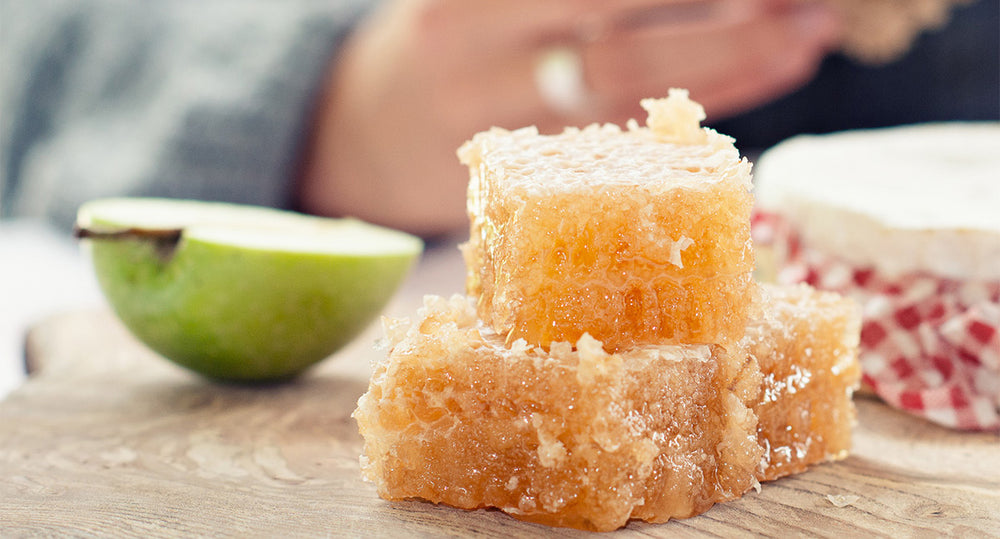The world is currently facing many potential crises. Climate change, war, famine and crime all hit the headlines on a seemingly daily basis. But one crisis that doesn’t get as many headlines, yet is just as worrying, is the antibiotic apocalypse.
Antibiotic resistance is becoming a real danger, as so-called superbugs mutate into bacteria that no longer respond to even the most powerful antibiotics reserved for the worst infections. There is a very real danger that we could soon be living in a world where deaths from small, at first, insignificant wound infections or coughs and colds could become commonplace. Research into new families of antibiotic drugs simply hasn’t kept up with the speed that infectious bacteria are mutating.
But the good news is, nature potentially has the answer to at least some common, mild infections and one of those answers is honey.
The Antibacterial Nature of Honey
Honey as an alternative to antibiotics is an exciting area of research with very positive results. Study after study is proving that honey used in wound and burns dressings has a very beneficial effect on wound infection management.
Not only that, the NHS and NICE (National Institute for Health and Care Excellence) now explicitly advise honey as a first line treatment for coughs and upper respiratory tract infections, rather than antibiotics.
But beware that not all honey has this ability to heal. Necta & Hive active healing honeys are antimicrobial and have the properties necessary to help kill bacteria, viruses and fungi. This is measured by a honey’s Total Activity, or TA, rating, which describes its ability to inhibit microbial growth and promote healing. The higher the TA rating, the stronger this ability.
How We Can All Make the Most of Honey
This blog post isn’t meant to be alarming or make our readers frightened of a potential incoming antibiotic crisis. It’s meant to make us all think about how we might deal with a wound in a cut or with common winter bugs.
If you’re worried about the seriousness of an infection, then see your GP or an emergency doctor as soon as possible.
But for everything else, seriously consider using honey. Necta & Hive honeys are all active, unpasteurised, healing honeys that are amongst the highest TA ratings of all honeys. Eating honey straight from the spoon or adding it to a warm, comforting drink will help to soothe the throat, relieve coughing and help to kill off the nasty bugs causing your symptoms.
You can even suck a small piece of our Necta & Hive Marri Wild honeycomb 15+ TA Honey, just like you would a cough lozenge for the same soothing, antimicrobial effects.
Necta & Hive Jarrah 22+ TA honey can also be used to help heal wounds by applying it directly to the affected area using a clean spatula. Then place a clean dressing over the honey (we recommend sterile gauze pads or an adhesive bandage) and replace when necessary.
Avoid using honey if you’re allergic to bee venom or on any family members under one year old. But for everyone else, honey is a safe and natural alternative to antibiotics that can be truly beneficial to both us as individuals and as communities.






